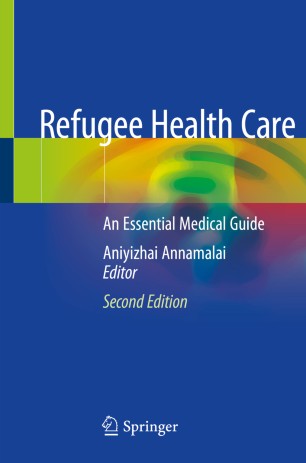

Most ebook files are in PDF format, so you can easily read them using various software such as Foxit Reader or directly on the Google Chrome browser.
Some ebook files are released by publishers in other formats such as .awz, .mobi, .epub, .fb2, etc. You may need to install specific software to read these formats on mobile/PC, such as Calibre.
Please read the tutorial at this link: https://ebookbell.com/faq
We offer FREE conversion to the popular formats you request; however, this may take some time. Therefore, right after payment, please email us, and we will try to provide the service as quickly as possible.
For some exceptional file formats or broken links (if any), please refrain from opening any disputes. Instead, email us first, and we will try to assist within a maximum of 6 hours.
EbookBell Team

5.0
98 reviewsRefugee health is growing as an academic medical discipline. More and more health care providers are coming together to exchange research information, educational curricula and social policies related to refugee health. The number of practitionersattending the annual North American Refugee Healthcare Conference has doubled since 2014.
Refugees arrive in the United States from different parts of the world. Refugees undergo a medical screening soon after arrival, as recommended by the U.S. Department of State, and it is usually primary care practitioners who usually evaluate these patients at this first visit. Psychiatrists and other specialists may also evaluate them soon after arrival.Though physicians receive a variable amount of training in cross-cultural medicine, virtually none is in the area of refugee evaluations.
There are several major ways that the field has changed. U.S. refugee policies and refugee admission numbers have changed dramatically in the past four years as has the epidemiology of medical conditions because the demographics of refugees have changed. The CDC guidelines for domestic screening have also been modified significantly as some of the screening tests are no longer recommended. Protocols have also been updated for presumptive treatment received by refugees before departure to the United States of other countries. A new chapter on end of life care for refugees has been added to the book.
Now fully revised and expanded, this second edition reflects the many changes that have occurred in the field of refugee health since 2014. Refugee Health Care remains the definitive resource for primary care physicians and mental health practitioners who see and evaluate refugees. It is also relevant for medical, nursing and public health students involved with refugee health as well as resettlement agency workers and public health officials overseeing refugee care